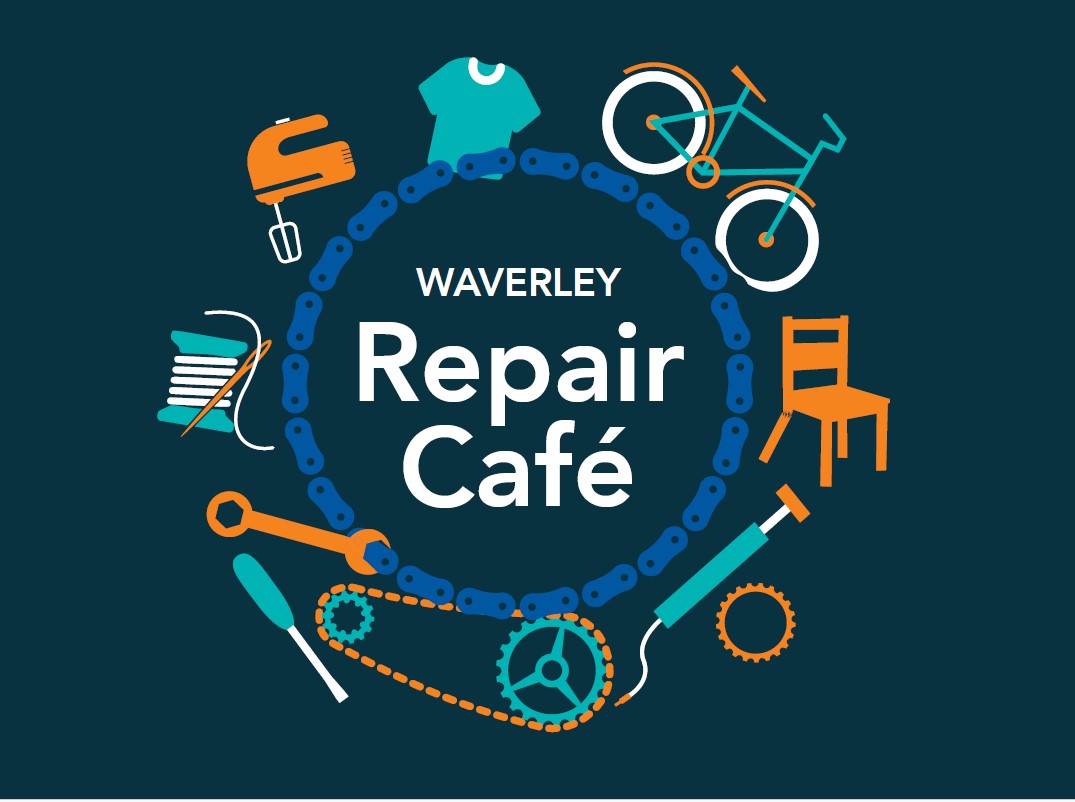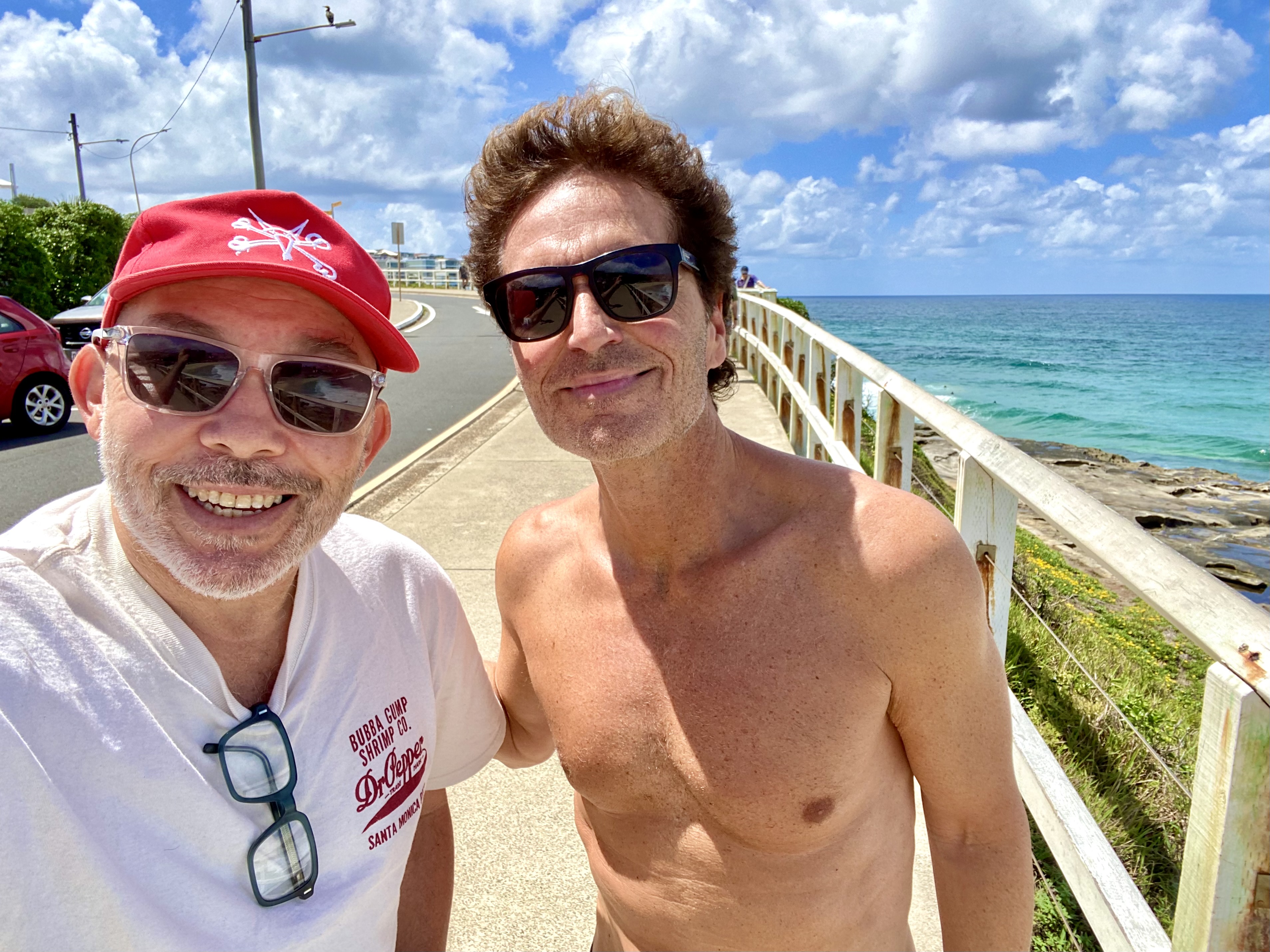
Feeling unappreciated and overburdened is a common experience for those who habitually put others’ needs first. This pattern, often rooted in a desire to maintain harmony in relationships, can lead to emotional exhaustion, resentment, and burnout. Consistently taking on more responsibility than is fair can leave one feeling overwhelmed. Fortunately, there are ways to manage these feelings and restore balance, unfortunately, they’re not easy to put into practice!
Why We Over-Harmonise
Humans are naturally social beings, wired to seek connection and harmony. We adjust our behaviour, silence our true feelings, and accommodate others to avoid conflict and maintain peace within our social groups. While this adaptability is valuable for group functioning, it can lead to losing touch with our authentic selves. The more we focus on pleasing others, the more we depend on external feedback to determine our worth and well-being, which can result in “harmonising burnout” – a state where managing others’ reactions consumes all of our energy.
When harmony becomes our top priority, it may feel like there is little room for self-expression or personal needs.
The Trap of Over-Responsibility
Taking on too much responsibility for others’ happiness often stems from early experiences where actions seemed to stabilise or disrupt relationships. If we were praised as the “good” child who always accommodated others, we might have internalised the belief that our role is to keep things running smoothly, even at the expense of our own well-being.
In adulthood, this manifests in behaviours such as:
- Seeking validation and approval.
- Expecting others to act and think similarly in various situations.
- Feeling frustrated when others do not share our sense of urgency or goals.
- Overemphasising consensus, believing agreement is essential for relationships.
When these patterns become ingrained, they lead to feelings of resentment and burnout. We might find ourselves stuck asking “why” questions that blame others, such as, “Why won’t they step up?” or “Why do I have to do everything?” These questions perpetuate the cycle of over-responsibility and make it difficult to feel empowered to change.
Shifting from “Why” to “How”
Breaking this cycle involves shifting from “why” questions, which can leave us feeling powerless, to “how,” “what,” “when,” and “who” questions. These alternatives encourage self-reflection and foster a sense of personal responsibility instead of blaming others (which keeps us stuck).
For instance:
- What patterns emerge when I feel overwhelmed?
- Who tends to invite my over-involvement?
- How can I define and communicate my boundaries more clearly?
- When do I overstep into others’ responsibilities? What prevents me from stepping back?
This shift in questioning creates space for curiosity rather than blame and allows us to recognise where changes can be made. It encourages more flexible responses in our relationships, rather than assuming we need to meet every expectation or solve every problem.
Reclaiming Balance and Self-Responsibility
Breaking free from the pattern of over-responsibility means redirecting some of the energy spent on managing others towards managing ourselves. This does not mean distancing ourselves from relationships or abandoning our caring nature. Rather, it involves redefining our role within these relationships. By prioritising our needs and setting boundaries, we can maintain strong connections while also allowing others to manage their challenges.
Practical steps include experimenting with letting go of small responsibilities we have taken on unnecessarily. For example, allowing a partner to load the dishwasher in their own way (and time) without correcting them, or resisting the urge to smooth over disagreements immediately. These small acts help shift the balance, teaching us to share responsibility without feeling like we are abandoning others.
By focusing on what we can control—our actions and responses—we can navigate feelings of being unappreciated and overburdened more effectively. It is not about withdrawing from relationships but finding a way to be more authentic and self-directed within them; and taking responsibility for what we do, rather than feeling ‘we have no choice’. In doing so, we can create a life where we feel valued for who we truly are, not just the responsibilities we take on.
For more information visit: www.stoatherapy.com/










